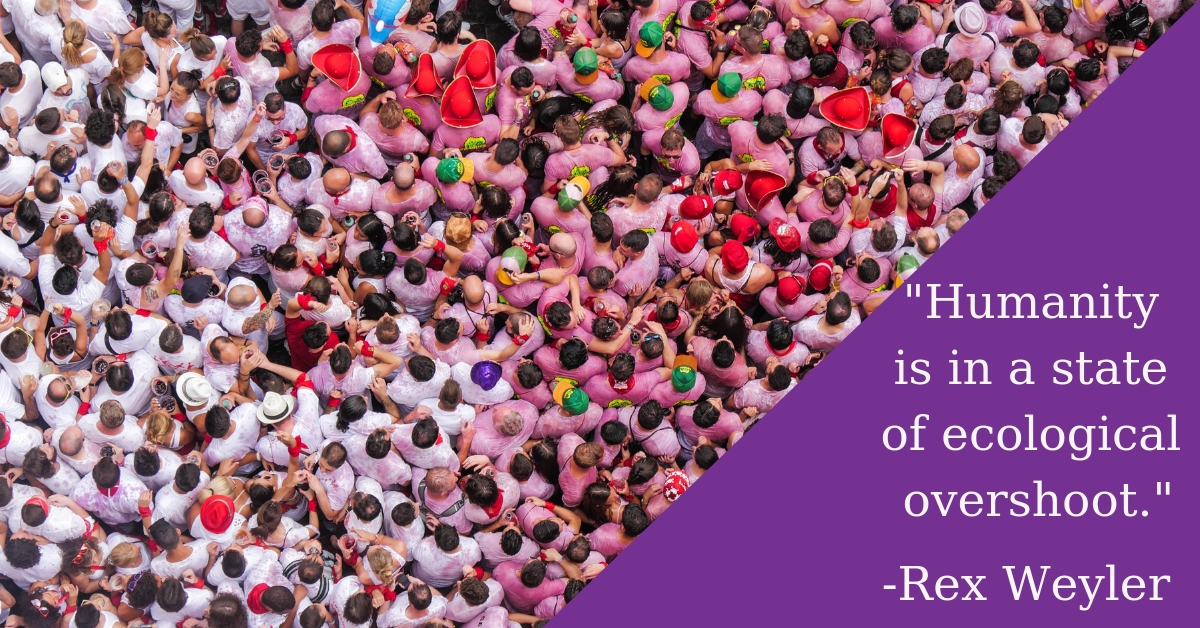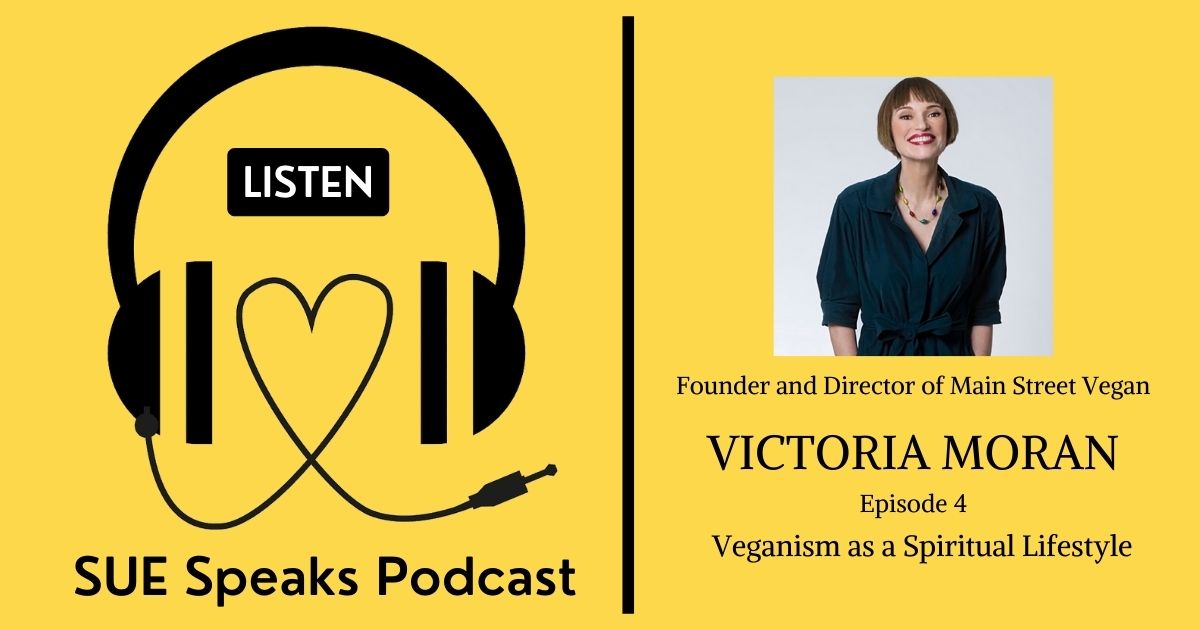
Victoria Moran is a high priestess in the vegan world. After eleven books on spirituality and well-being and weight loss, which got her on Oprah twice, she became not only the author of books about veganism and a leading spokesperson for it, but also the founder of The Vegan Academy, which has graduated hundreds of lifestyle coaches who spread the vegan word and help people with their vegan diets. Victoria being my podcast guest may seem odd to people who know me as the author of The Anybody Can Make It, Everybody Will Love it Cookbook, that’s anything but vegan, but I recognize the value of a lifestyle that’s becoming ever more popular as well as the charms and wisdom and authenticity of one of my favorite friends who, twenty years ago, was my Salon guest on a book tour for Shelter for the Spirit, about how to turn your home into a scared space. Thanks to Victoria, although the gourmet in me would hate to convert, I recognize that if everyone became vegan it could alleviate the greatest threat to human survival, which is global warming. You’ll be very moved by that if you see A Prayer for Compassion, the documentary film Victoria just produced. I wish we were on video because Victoria is a gorgeous human being who well deserves the award she got from PETA, People for the Ethical Treatment of Animals, as PETA’s Sexiest Vegan Over 50!

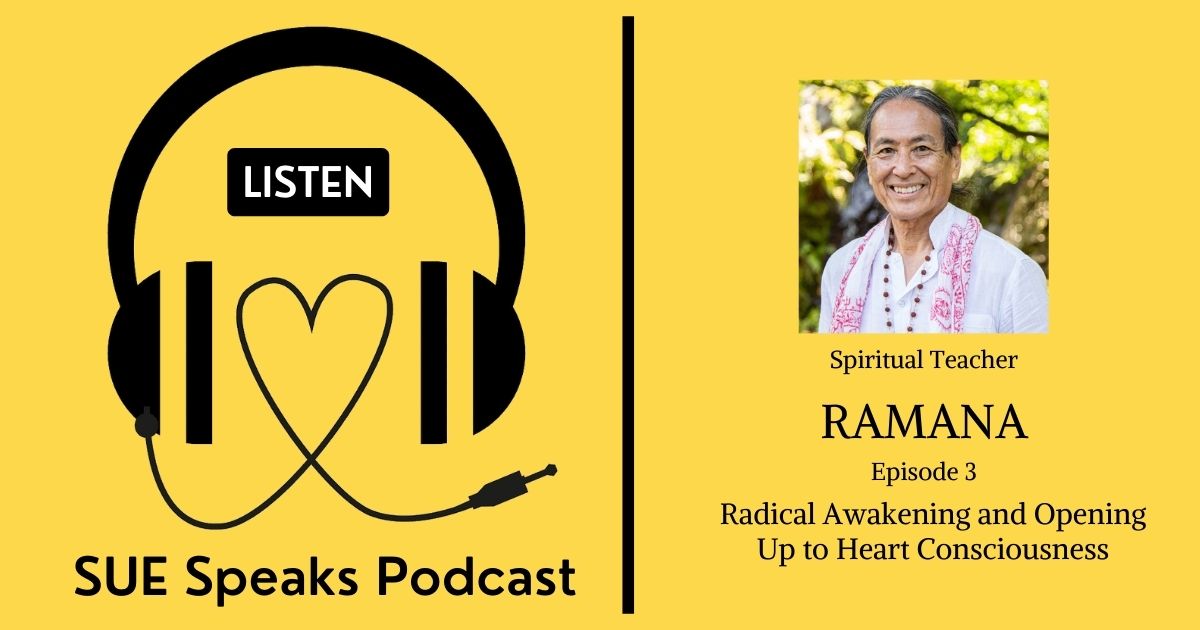
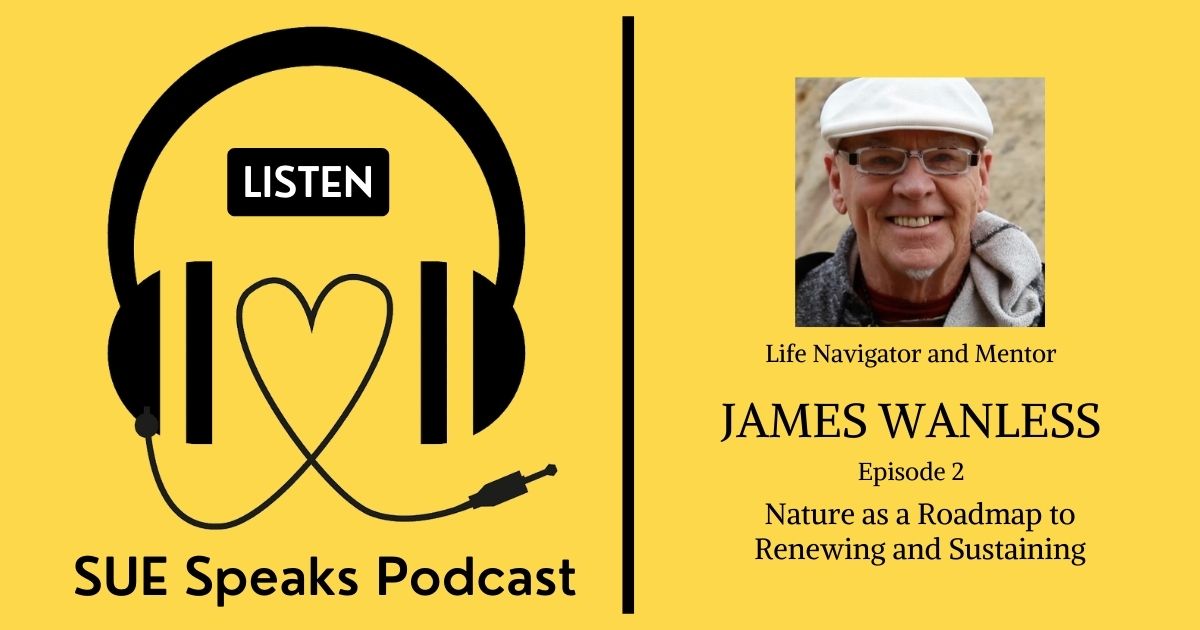
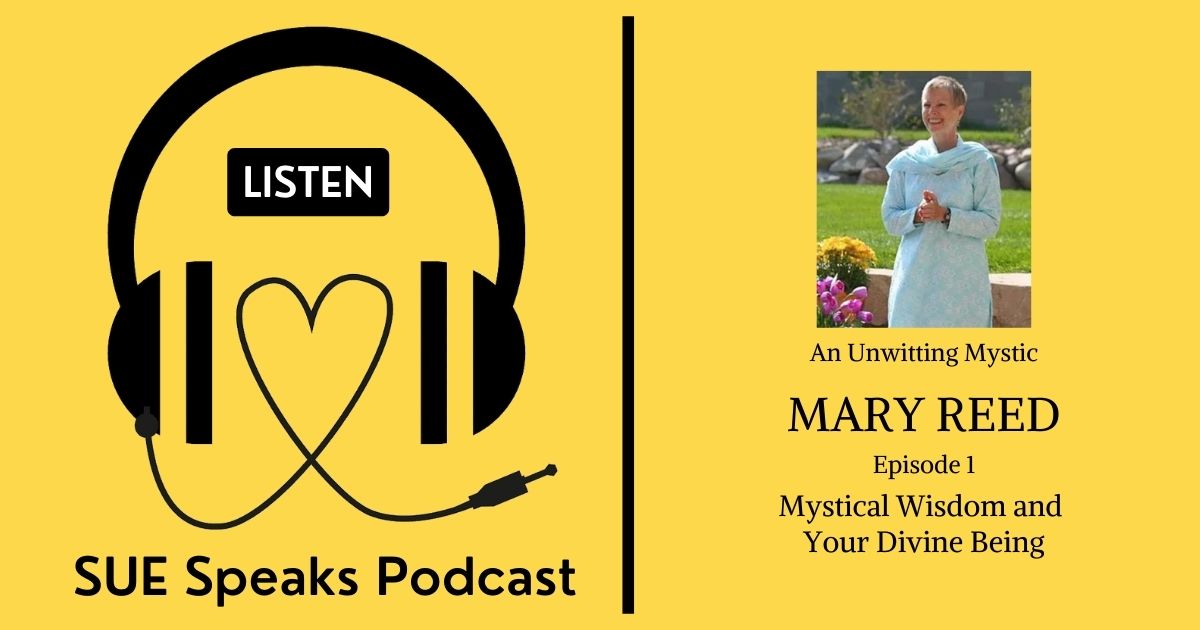
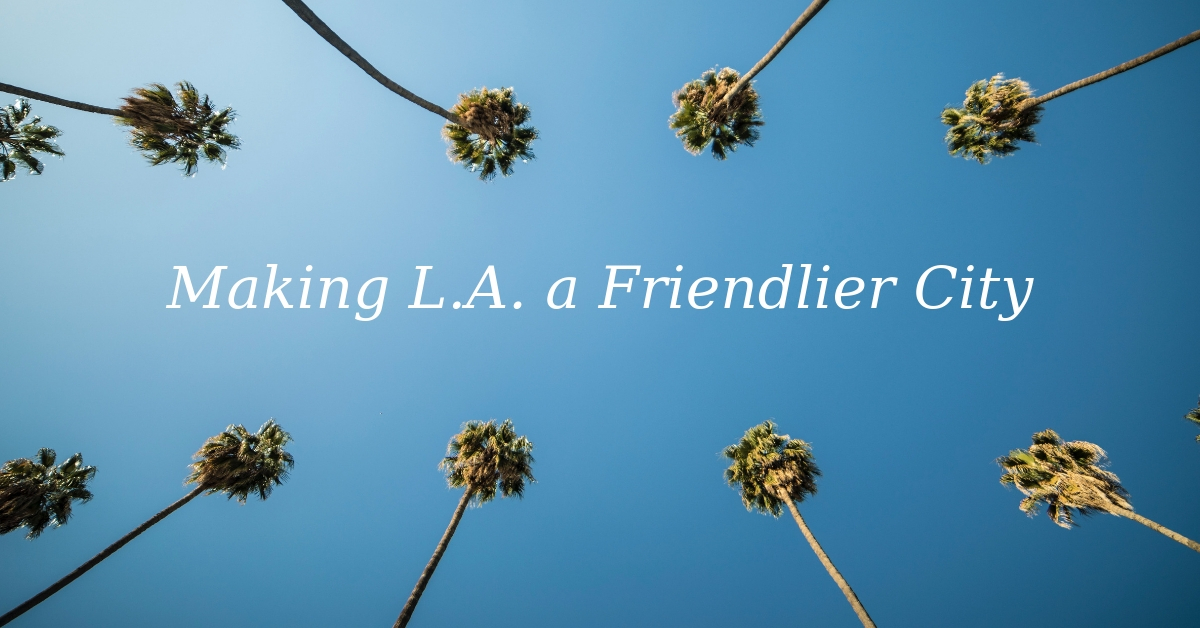
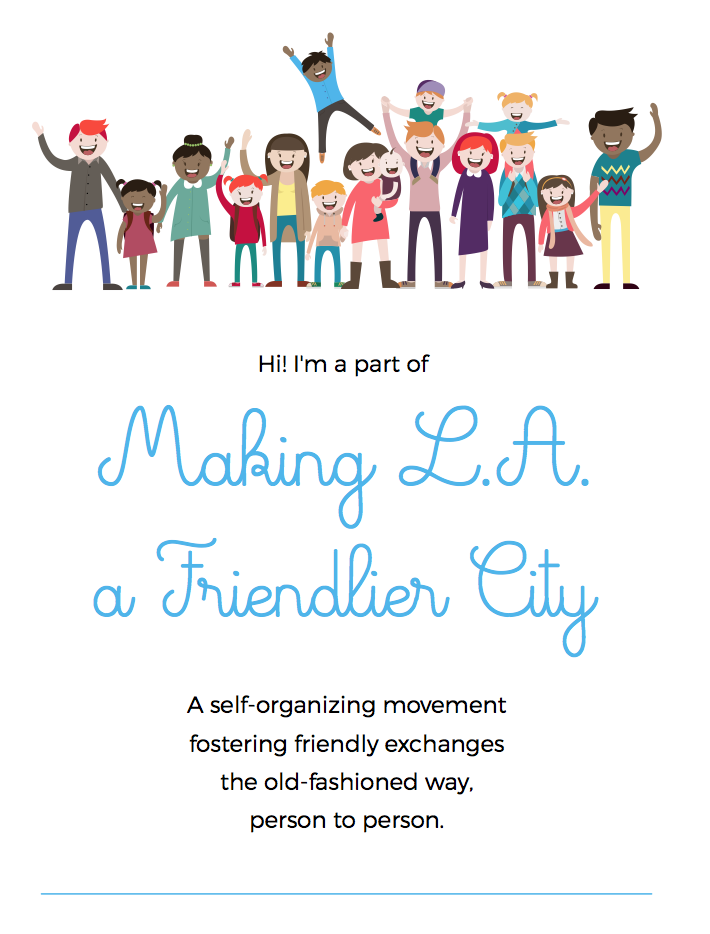
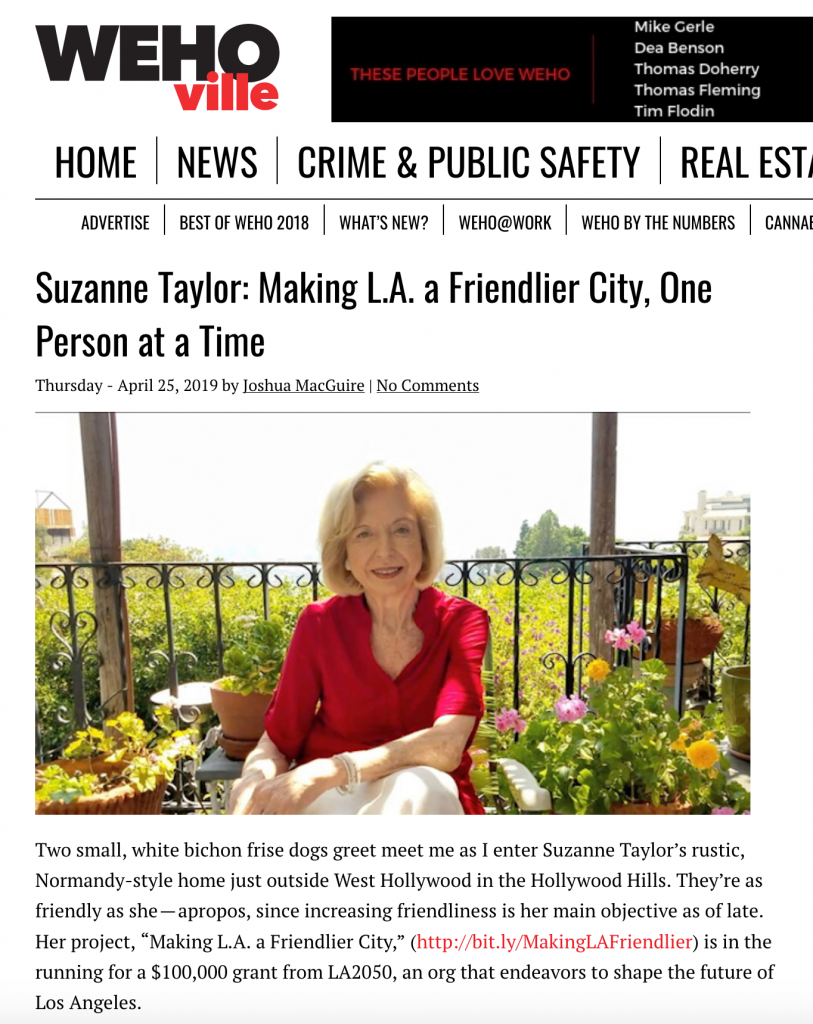 Read more here…
Read more here…